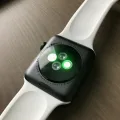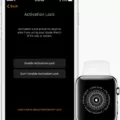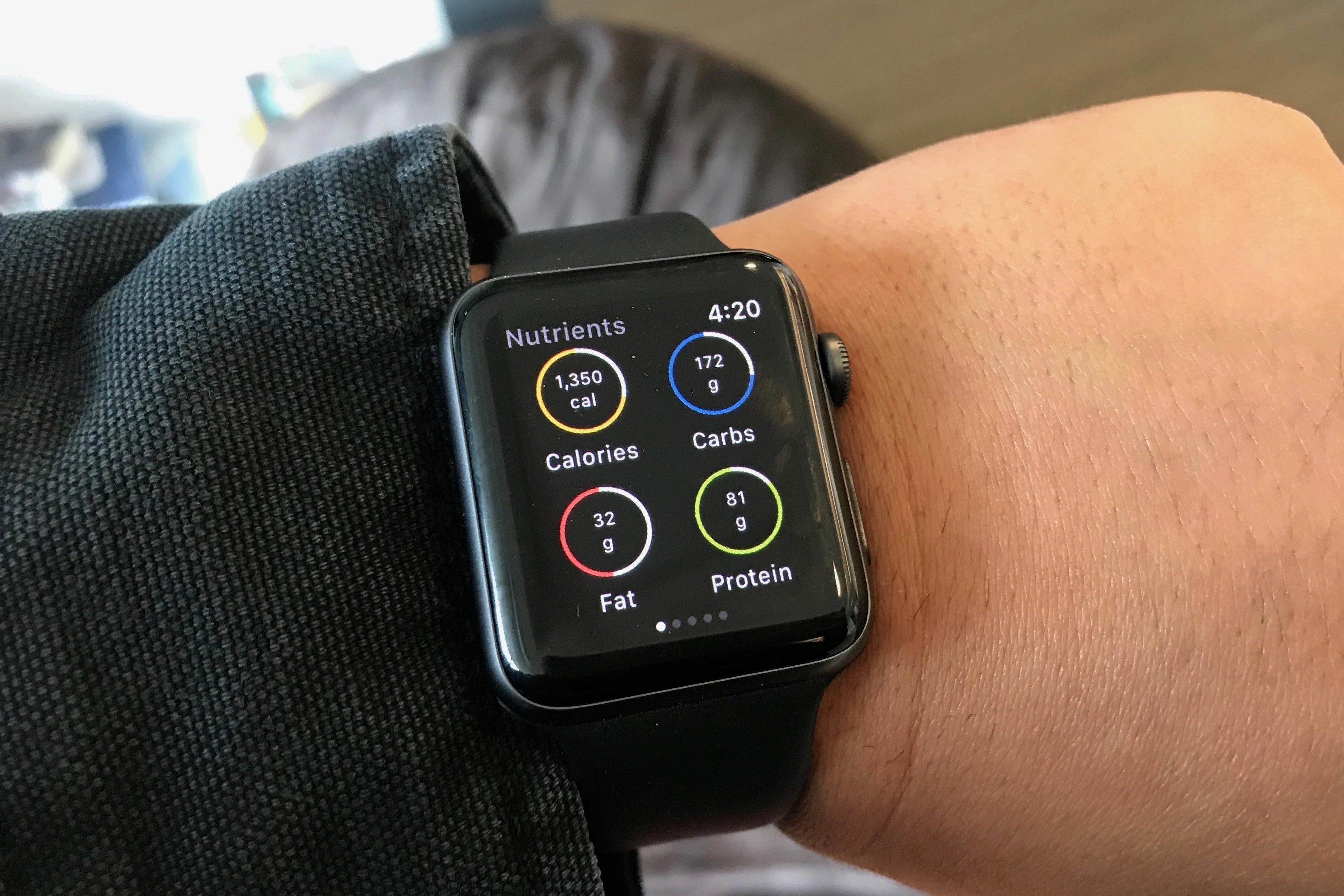The Fitbit calorie tracker is a popular device used to monitor daily physical activity and calorie burn. The device is designed to track a user’s movements and estimate the number of calories burned throughout the day. While the device is generally accurate, there are certain factors that can affect the accuracy of the calorie tracking feature.
One of the main factors that can affect the accuracy of the Fitbit calorie tracker is the user’s level of activity. If a user is very active, the device may overestimate the number of calories burned. This is because the device uses the user’s heart rate to estimate calorie burn, and it may not be able to accurately estimate caloric burn for people whose heart rates are frequently high.
Another factor that can affect the accuracy of the Fitbit calorie tracker is the user’s weight. The device is designed to estimate calorie burn based on a user’s weight, height, age, and gender. However, if a user’s weight changes significantly, the device may not be able to accurately estimate calorie burn.
Additionally, the Fitbit calorie tracker may not be as accurate for certain activities, such as weightlifting or other activities that do not involve cardiovascular exercise. This is because the device relies on heart rate to estimate calorie burn, and weightlifting and other activities may not significantly elevate heart rate.
Despite these limitations, the Fitbit calorie tracker can be a useful tool for monitoring physical activity and calorie burn. The device provides users with a daily summary of their physical activity and calorie burn, as well as other health metrics such as heart rate and sleep patterns.
To ensure the most accurate readings, users should input their weight and other personal information accurately and regularly update their weight if it changes significantly. Users should also be aware of the limitations of the device and use it in conjunction with other methods of monitoring physical activity and calorie burn, such as a food diary or a heart rate monitor.
The Fitbit calorie tracker can be a useful tool for monitoring physical activity and calorie burn. While the device may not be 100% accurate, it can provide users with valuable insights into their daily activity levels and help them make informed decisions about their health and fitness goals.
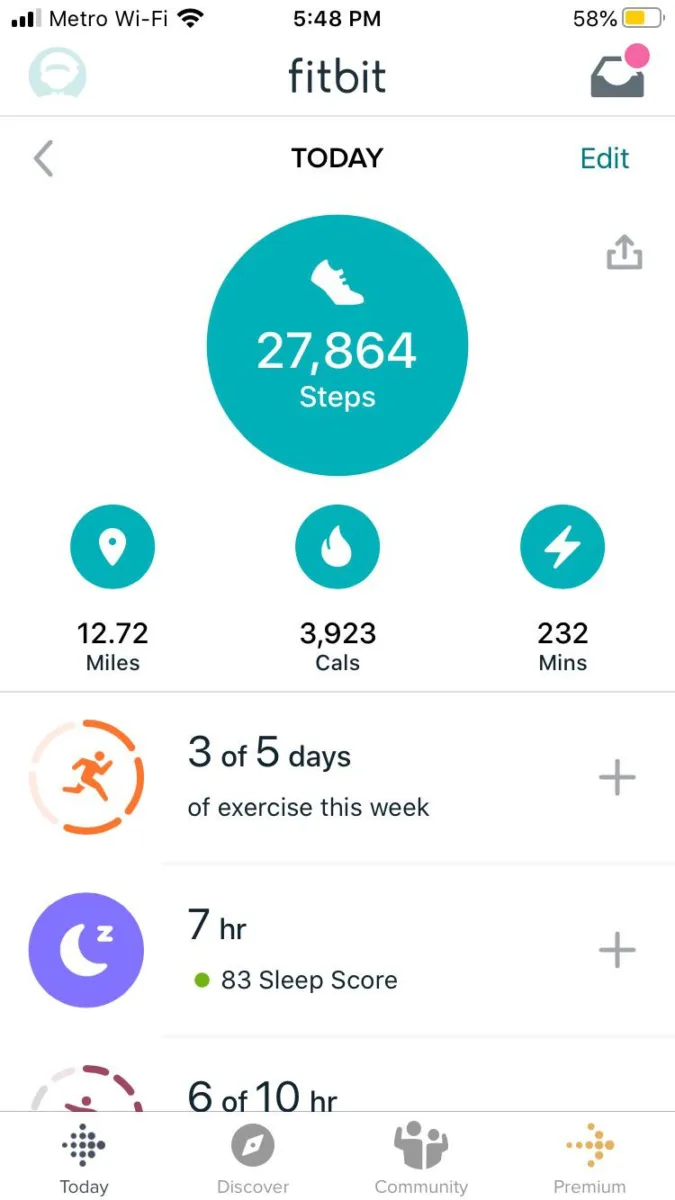
Accuracy of Fitbit for Calorie Tracking
Fitbit trackers can provide a general estimate of calorie burn, but they may not be entirely accurate for everyone. The accuracy of the calorie estimates provided by Fitbit trackers can vary based on several factors, including the type of activity being performed, the wearer’s heart rate, and the device’s calibration.
Because Fitbit trackers use heart rate to estimate calorie burn, they may not be as accurate for individuals with higher heart rates or those who engage in activities that don’t significantly raise their heart rate. Additionally, Fitbit trackers may also overestimate calorie burn for activities that involve a lot of movement but not necessarily a lot of cardiovascular effort.
It is worth noting that while Fitbit trackers may not be 100% accurate, they can stil be a valuable tool for tracking overall activity levels and providing a general estimate of calorie burn. However, for individuals looking for more precise calorie tracking, other methods such as using a heart rate monitor or consulting with a healthcare professional may be necessary.
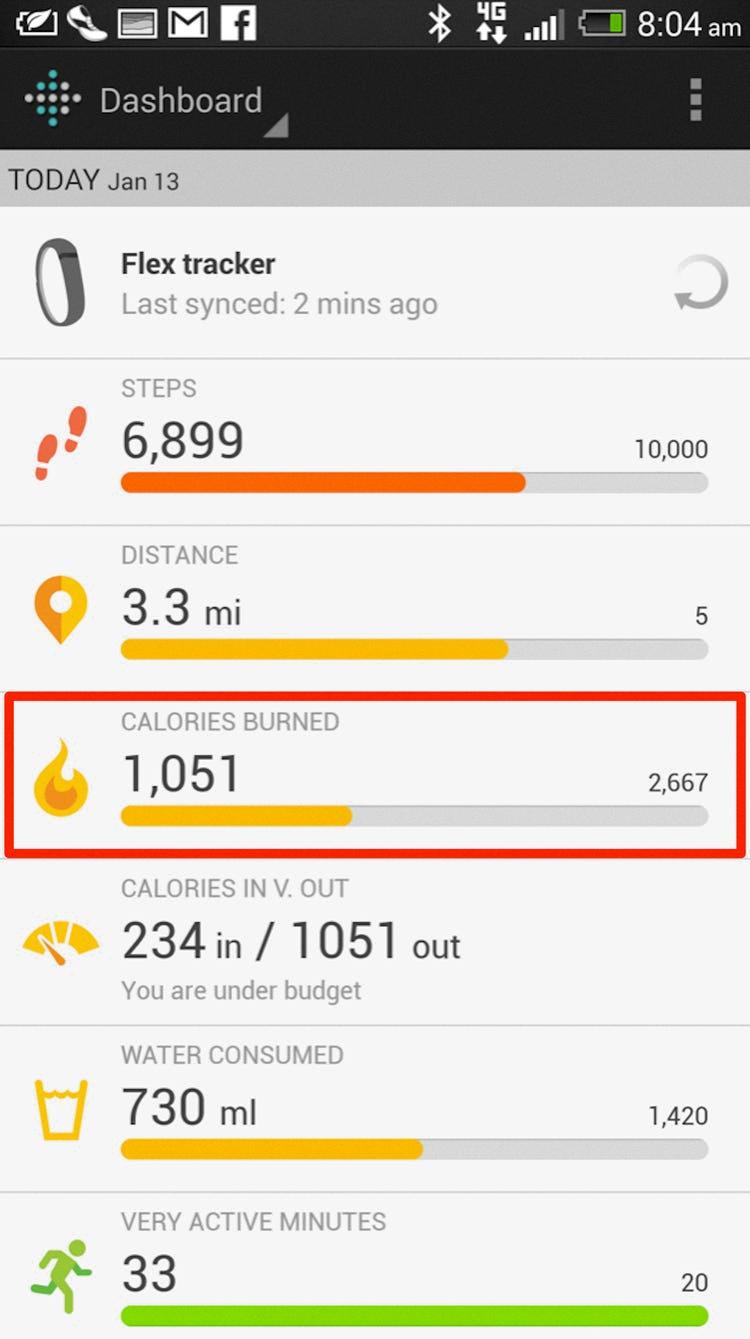
Tracking Calories with Fitbit
Fitbit devices can track calories burned throughout the day, including during exercise. The device uses a combination of your personal information, such as age, weight, and height, along with data from its sensors, including heart rate, to estimate how many calories you burn. This information is then displayed on your Fitbit device, as well as in the Fitbit app, where you can see a breakdown of your calorie burn throughout the day. Additionally, the app allows you to log your food intake and track your daily calorie intake, helping you to stay on track with your health and fitness goals. Using a Fitbit device can be a helpful tool for monitoring and managing your calorie intake and burn.
Conclusion
The Fitbit calorie tracker can be a useful tool for individuals looking to track their daily caloric expenditure. However, it’s important to remember that the tracker’s estimations may not be 100% accurate, particularly for those with high heart rates. It’s important to use the tracker as a general guide and not rely solely on its numbers. Additionally, incorporating healthy habits such as a balanced diet and regular exercise is crucial for maintaining overall health and fitness.


